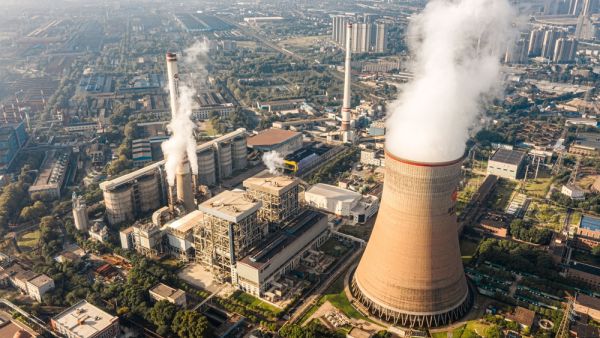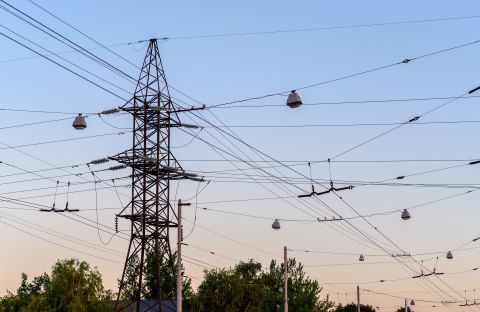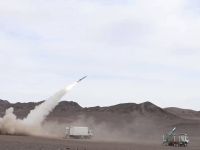ALBAWABA - China authorized a record number of 11 nuclear reactors across five different locations On Monday, at a time when the Chinese government is relying even more heavily on atomic energy to assist its efforts to reduce emissions from fossil fuels.
According to China Energy News, a state-run publication, the State Council gave its approval for the construction of additional reactors at locations throughout the provinces of Jiangsu, Shandong, Guangdong, Zhejiang, and Guangxi.
The building of all eleven units is expected to take around five years and will need a total investment of at least 220 billion yuan (~$31 billion), according to Bloomberg citing the financial journal Jiemian.
The permits for nuclear reactors come at a time when China's use of coal is continuing to quickly expand. According to Financial Times, coal was responsible for the generation of a record 5,760 terawatt hours of power last year. Using nuclear energy that is less polluting is considered to be the solution to this problem.
According to the World Nuclear Association, China now has 56 nuclear reactors that are operational, whereas these reactors are responsible for around 5 percent of the country's total power output only, compared to the 60 percent provided by coal as China Electricity Council reports.
CNNC will be in charge of operating a high-temperature gas-cooled reactor that will be located at the Xuwei facility in Jiangsu in one of the new projects. According to the company, the design is what is known as a fourth-generation reactor, which is capable of producing both heat and power while also including newer and more sophisticated safety measures.
More nuclear reactors are currently under development in China in comparison to any other country in the world; in the last two years, 10 additional reactors have been permitted. By 2030, the nation is anticipated to overtake the US and France as the world's top producer of atomic energy, according to BloombergNEF.







